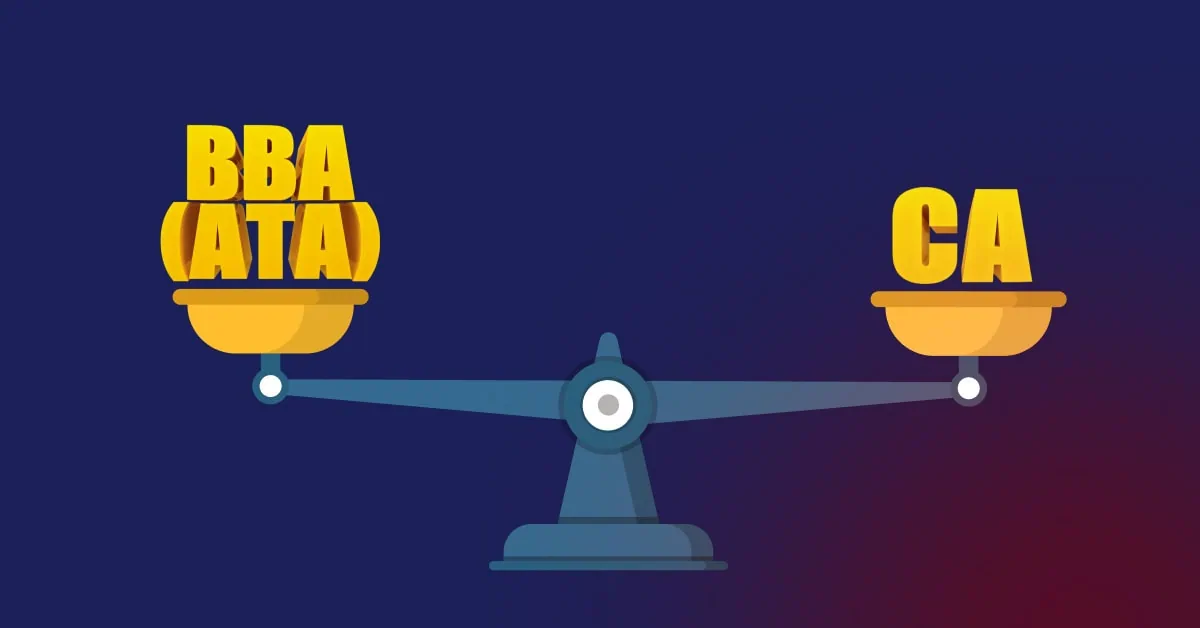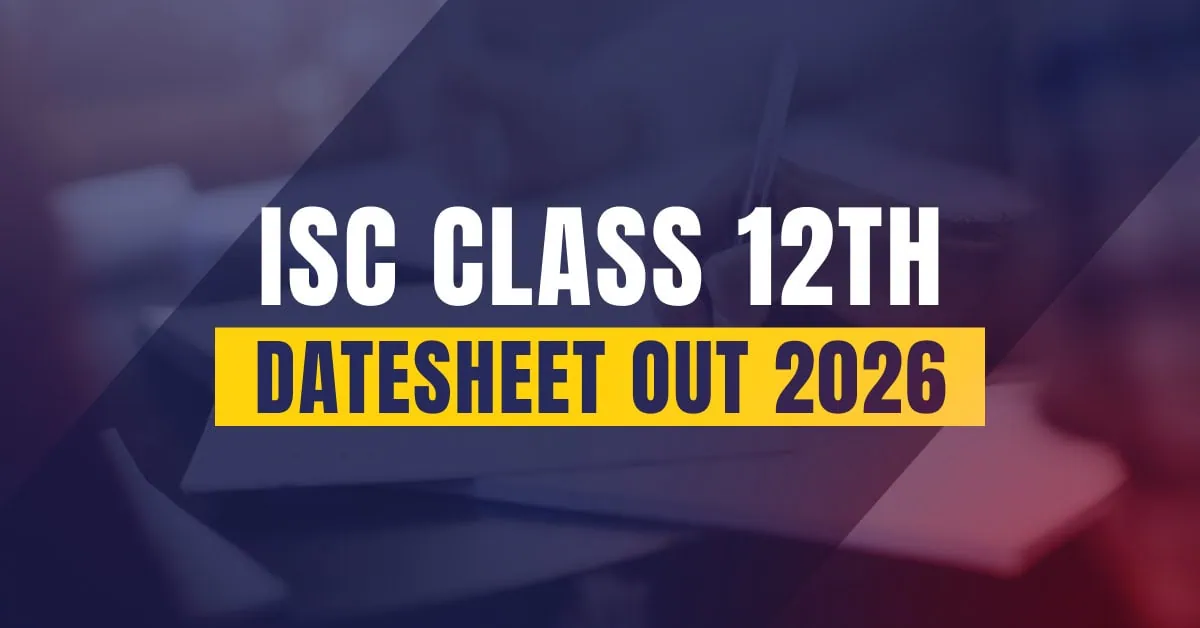Education is ideally revered as a life-building process. Thus, we embrace learning in pursuit of excellence, to develop our skills and strengths. It redirects our path towards the broader and brighter aspects of life. But, in today’s achievement obsessed world, education is often perceived as a competition. The majority cannot differentiate between “passion for learning” and “an unhealthy obsession for getting scores”. Despite the norms of excellence based on ranking and scores, education stands unrestricted and boundless, above the criterion and periphery of grades.
Learning primarily concerns with life, it helps us transform and evolve as a being. So, irrespective of your academic status, your worth transcends beyond the numbers on your mark sheet. Yet, in some aspects, grades matter. For instance, getting seats in the top colleges, filling up the application forms for exams and jobs, good grades are given the foremost priority. To do well in academics, you need to work hard and devote a large amount of time.
But, Hey! Don’t fret! Unlike the generic tips, this blog brings you some effective steps for “studying smarter rather than studying harder & longer”. Quickly scroll down to find the choicest way to study better in less time.
Learn the same thing in different ways.
Studies show that different techniques and mechanisms trigger different parts of the brain. It’s apparent, the more your brain is stimulated, the more you will understand and grasp the subject. For example, if you are studying a tough chapter, you can learn it quickly by applying various methods.
Such as –
i) study the class notes
ii) read the textbook thoroughly
iii) write down everything
iv) do your assignments/homework
v) lookup for information online
vi) watch videos relevant to the subject
vii) solve problems from various sources
viii) teach someone what you have studied.
Simplify the subject.
As you reach the higher standards, the volume of textbooks and the study pressure will increase. The voluminous syllabus, bigger answers, comprehensive chapters might appear too tricky to tackle. So, here’s where you need to be smartest. Regardless of the subject and its depth, the easiest and smartest way of studying better is simplifying and summarizing the subject matter. Using acronyms are proven efficient for enhancing learning and studying smart. You can even brief the subject matter into a diagram, comparison table, or anything similar. Doing so can help you grasp the subject topic faster and better.
Study multiple subjects each day, rather than just one subject.
Studying multiple subjects in a day is rather effective than studying just one or two subjects. It would be ideal to give time for each subject every day if you are preparing for English, maths, biology, physics, and chemistry. This smart study technique will help you learn faster and better, in comparison to studying one subject in a day. To study smart, draft and designate your study time for each subject. Following this approach will help in strengthening your learning.
Cramming is not an option, study beforehand and revise the subject periodically.
If you want to shift your learning from short-term memory to long-term memory, then ditch the idea of cramming and drift your focus on the periodic review. Periodic review is important as it is an effective way of retaining the important information for the long term. The most favorable review interval differs based on how much information you want to retain. For example, you can do your first review a day after learning a new chapter, and for the same, you do your second review three days later. Follow this approach regularly till the final review that can likely to befall after months or just before your exam.
Stop multitasking while studying.
Studies show that multitasking makes you more distracted and less productive. Thus, the effective way of studying smarter is focusing on studies alone. So, keep away the distractions when you are studying. Don’t be watching TV, replying to texts or, scrolling your social media feeds. You can always go back to your facebook page but you cannot retrieve the wasted time. If you lack concentration, you can simply put your phone away and turn off all the notifications on the device. Or, you can simply log out from all the instant messaging apps, social media, etc. On top of that, you can also de-clutter your study area. Doing these can help you remarkably.
Write down your notes rather than typing them in laptops.
The main reason is, when using a laptop, the chances of getting drawn towards the online distractions are higher. Besides, learning turns less productive in laptops even if it’s used only for taking notes. Writing down your notes helps you grasp and rethink the information better. On the contrary, typing down notes on a laptop is considered less effective for retaining knowledge because while you type the narrated words, you tend to do it without processing the information. Writing helps not just in learning better but also improves your writing skills and enhances the efficiency in manually penning down answers speedily.
Test yourself often.
As per the decades of research, self-testing and self-evaluation is crucial for improving yourself, be it in sports, skills, education, etc. So, don’t just read your textbooks and notes for the sake of reading. Question yourself regarding the major topics, theories. While preparing for a test, study smart by cross-examining yourself, and practice mock tests and try answering questions from various sources.
Read the answers out loud.
Studies have proven that reading the subject matter out loud helps in grasping the information faster than by reading quietly. The reason is, when you read the information out loud, you can see it and hear it. So, while reading your notes, highlight or underline the important portions. While reading out loud and highlighting the key points, don’t stop to memorize them, just underline and move on. Once you are done, go back to highlighted parts and read out loud each answer as many as you consider needful.
Focus on the process, rather than the consequences.
Focus on gaining knowledge rather than earning a degree or a specific grade. Embrace challenges and focus on the effort, instead of the consequences. Set goals towards learning rather than grades. Learning goals is about growth, acing skills and expanding knowledge. Grades are important. However, if you concentrate on the learning process, it’d bring a prolific result.
Also Read: Difference between Studying and Learning.








